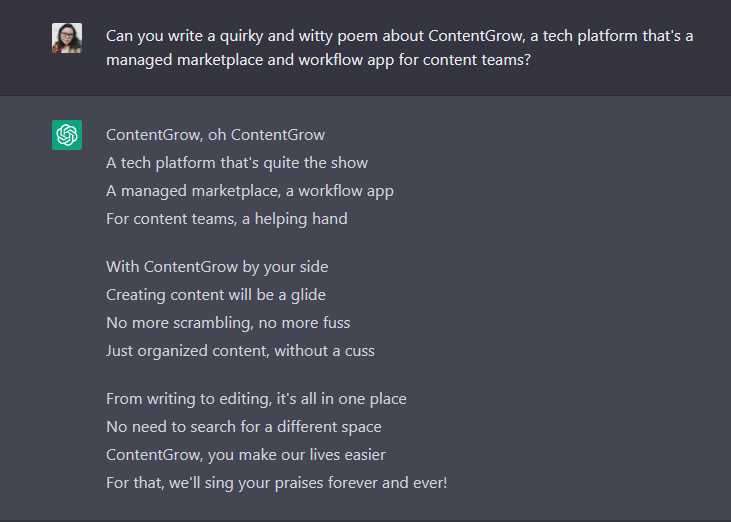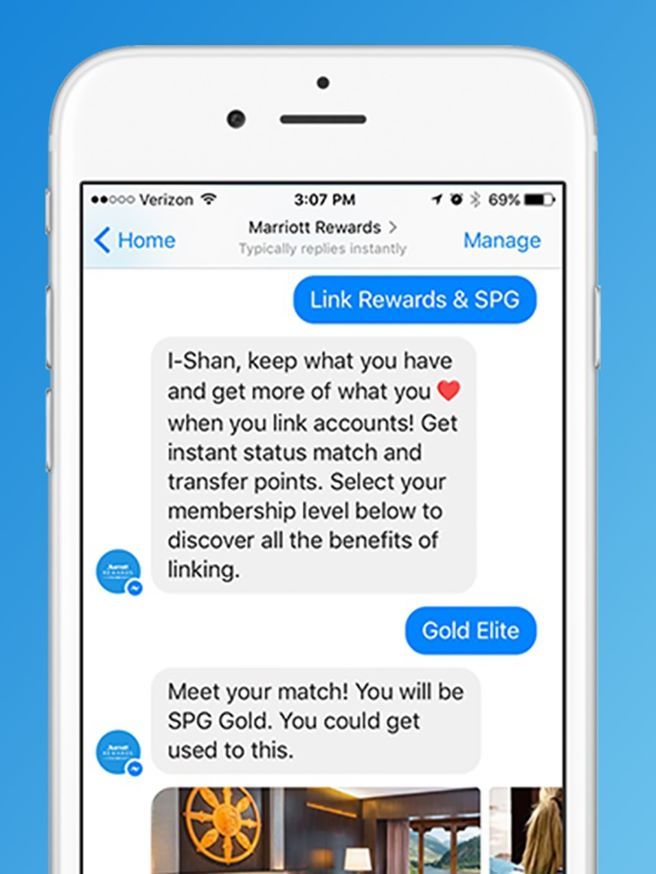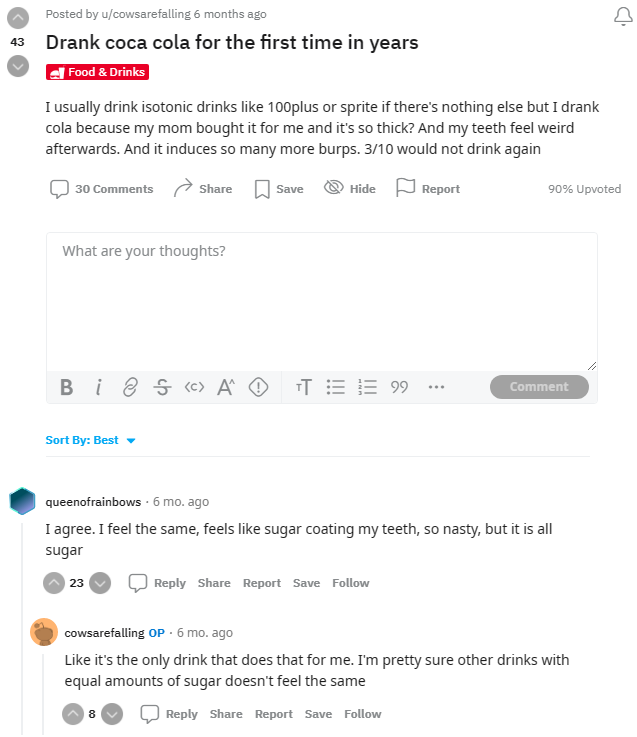The uses of Natural Language Processing (NLP) in marketing
NLP in marketing is still in its nascent stage, but there are plenty of current applications of the technology that businesses should really pay attention to.

The field of Natural Language Processing (NLP) aims to produce machines that can speak to humans in the most intuitive, natural way possible, so much so that the human is not able to determine if it’s another person or a bot on the other end.
Naturally, as with anything human-centric, there will always be implications for the technology in fields that deal heavily with humans – such as marketing.
In this article, we explore what NLP is, what it isn’t, how NLP can be used in the field of marketing, and what the future of NLP in marketing will look like.
What is NLP?
NLP, or, Natural Language Processing, is a specific type of artificial intelligence (AI) that allows computers the ability to understand textual and spoken words the same way human beings can.
NLP isn’t quite a new field – it has been in development as early as the 1950s, but recent advancements are edging closer to building machines that are capable of understanding and responding to highly complex and nuanced information.
One example is OpenAI’s ChatGPT, which has been in the news for its eerily natural and intuitive way of generating convincing and well-written responses to prompts by users.

But that aside, ChatGPT’s NLP has shaken many a person, especially writers – the implication of its ability is just how quickly, easily and intuitively the machine is able to generate textual content at qualities that can rival many a junior copywriter’s, well, copy.
What NLP is not
As impressive as ChatGPT and other NLPs are or can be, it is still firstly a natural language processing machine.
Hence its primary aim isn’t to produce detailed, accurate, or well-researched copy, but to be able to converse with human beings in a way that feels as natural as possible to the person.

Uses of NLP in marketing
Out of the variety of disruptive tech out there, AI holds the most potential for transformation within marketing with practitioners worldwide trying to figure out how to best fit AI solutions for their marketing needs.
Although the adoption of AI in marketing is still in its infancy, there are a few ways it has proven its usefulness and potential for greatly impacting the trajectory of the marketing industry, particularly when it comes to NLP.
AI Chatbots
AI chatbots are primarily driven by NLP and are increasingly being used by businesses of all kinds – and for good reason.
One paper found that AI chatbots improve customer experience and satisfaction as they can figure out the customer’s personality, predict product preferences, and adjust conversations accordingly.

As the AI chatbot collects data, answers produced gradually improve well enough to be able to recommend and market highly personalized products and services to customers.
Market Intelligence
Natural Language Processing, like other AI tech such as Machine Learning (ML), Deep Learning, is able to train machines to handle big data for the generation of market intelligence.
NLP, in conjunction with other AIs, can then allow organizations to track real-time data to quickly analyze and respond swiftly to customer feedback and requirements.
The ability to understand consumer behaviors and preferences will also eventually improve customer attraction and retention.

Deeper Social Media Analytics
Marketers and strategists can improve their decision-making through natural language processing (NLP) that enables social media listening.
Natural language processing, together with machine learning, can identify entities and relationships in unstructured data – which forms the bulk of social media content.
Techniques such as sentiment analysis measure the tone and intent of social media content (such as comments, blog posts, tweets, etc.), powered by NLP. These analyses, such as when used on an event or campaign, can then reveal whether a certain sentiment is positive, negative, neutral, or ambivalent – which can then inform the marketer on what steps to take next.
The ability to identify attitudes and emotions by consumers in response to products, promotions, and events can greatly inform marketers on what are the next best steps to take, be they in better product designs, more targeted messaging, or more nuanced, sensitive marketing campaigns.

Additionally, with NLP, businesses can not only measure the tone and intent of social media content but also reveal the intensity and prevalence of certain voices – something called determining the share of voice.
This can further help marketers more effectively understand and pinpoint key issues and topics that matter to the greatest number of people, or, say, to a select group of consumers, which also ultimately go towards helping marketing teams plan for the next campaign, or how to tackle pain points in existing marketing campaigns.
Market Research
Building on social listening, NLP when applied to the context of processing large amounts of unstructured data around social conversations such as forum threads or chat threads can greatly help with market research efforts.
Specific words or phrases can be extracted, and the NLP machine can be easily programmed to look for said words (e.g. brand, product).
It can then extract the text to aid in customer analysis, such as inferring whether the customer is inclined to purchase, for example.
How’s the future of NLP in marketing going to look like?
As researchers continue working on feeding NLP better data, and improving the efficiency and accuracy of these machines, NLP in marketing looks set to become a crucial part of the marketing handbook for the foreseeable future.
This especially holds true for tackling the areas of social listening, which has long been fraught with data collection issues because of the nature of the content – high volumes of unstructured data, which has historically been difficult for data scientists to parse through, process and analyse.
Giving marketers the sheer ability to quickly parse through swathes of consumer sentiment will likely be the key to help marketing teams not just address, but also predict and plan for the best ways to reach out to their target markets.
Save time and money when producing high-quality bespoke content for your markets. ContentGrow helps marketing teams work with perfectly matched content creators at preferred rates.


